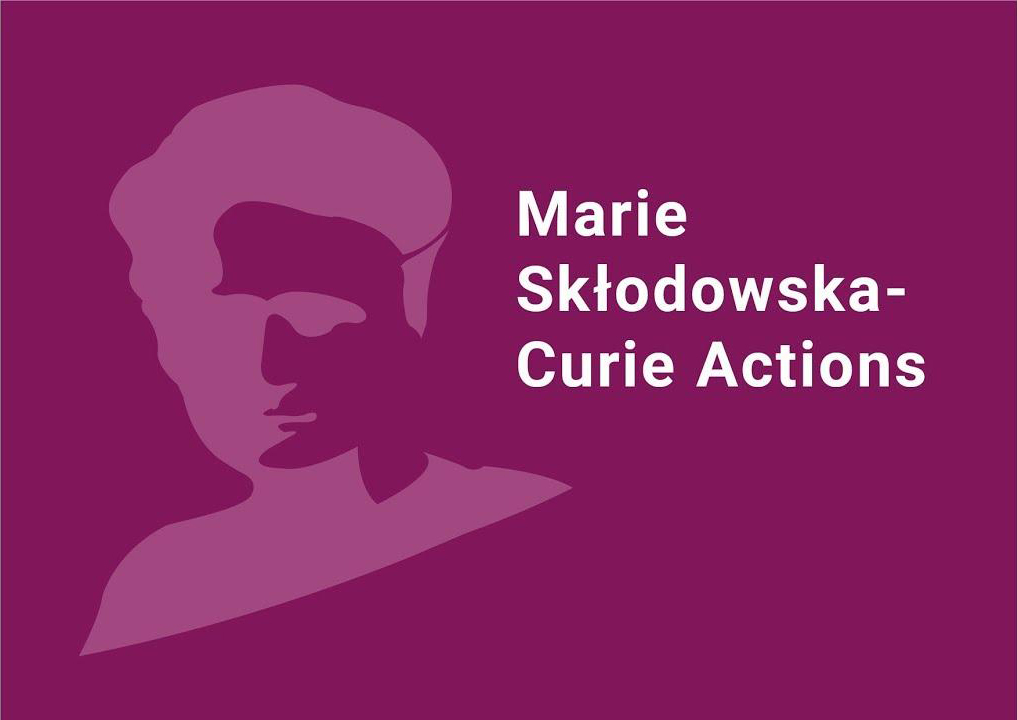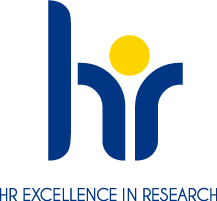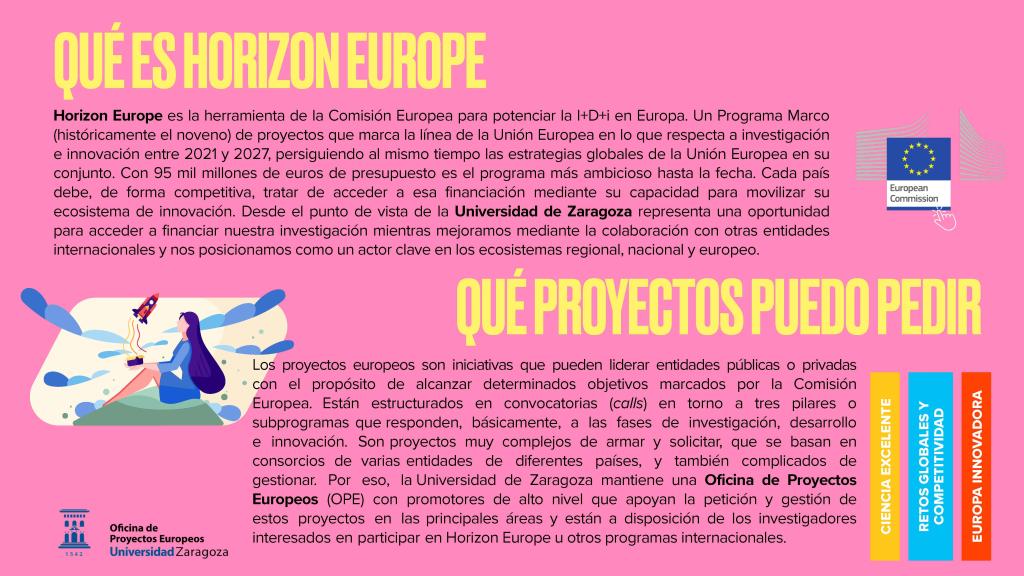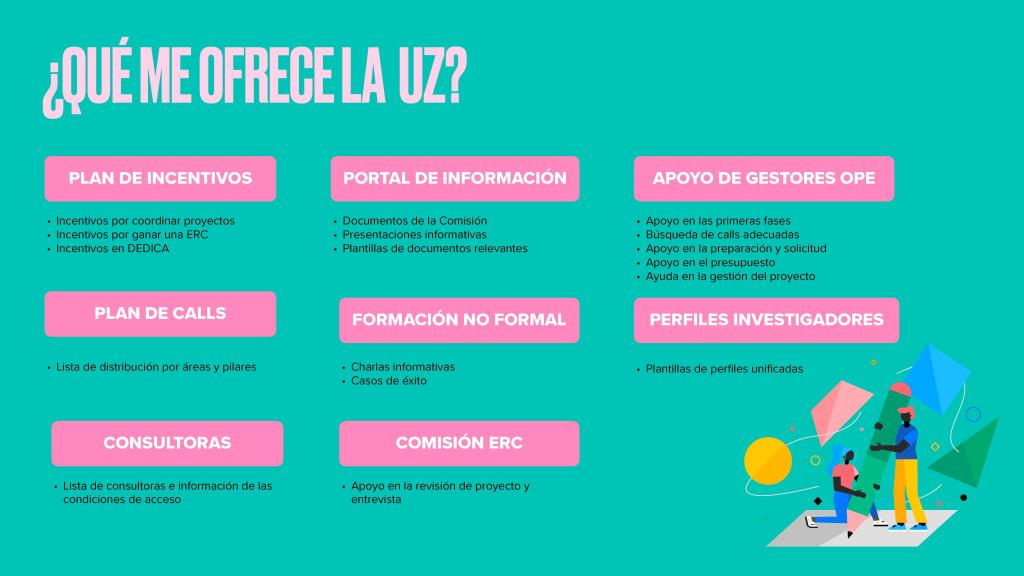SAFE-GREENPACK


Fecha de inicio: 14 de octubre de 2025
Fecha de fin: 13 de octubre de 2027
Grant agreement ID: 101204871
There are two clear trends in the food industry: the demand for convenience foods and the push for increased packaging sustainability.
While take-out meals require disposable food contact materials (FCMs) the packaging industry is experimenting with sustainable alternative-to-plastic solutions.
But are these materials as safe as their replacement?
Although these FCMs must comply with the framework Regulation (EC) No 1935/2004, there is no specific regulation at the European level that is as comprehensive as the Commission Regulation (EU) No 10/2011 for plastic. As a result, the chemical composition and the health risks of these disposable FCMs applications remain largely unknown.
Further investigations need to be conducted. Preliminary targeted studies detected fluorinated substances in alternative single-use tableware and fast-food packaging. These (and others) substances can then find their way into the environment or human body. A 2019 Spanish investigation detected endocrine disruptors in the body of every participant studied.
However, disposable FCMs’ contribution to the population's exposure to harmful chemicals is still unclear, and a risk assessment is necessary.
The 24 months SAFE-GREENPACK project aims to contribute to filling this gap. With a growing fast-food market, Spain will serve as a proof of concept for evaluating the food safety of alternatives to disposable plastics.
First, this FCMs market will be mapped by a comprehensive market study. Next, analytical data on contaminants will be provided. Those will result from an optimized workflow based on untargeted screening, prioritization of the results and quantification of relevant substances. High-level secondments at the Exposome Centre of Excellence at the University of Antwerp (under the supervision of Prof. Adrian Covaci) and Gembloux Agro-Bio Tech, University of Liège (under the supervision of Prof. Giorgia Purcaro) will contribute to the quality of the results. Finally, a risk assessment will highlight key priorities for food safety policy.
The project will be carried out at the GUIA group (led by Prof. Cristina Nerín) in the I3A, part of the UNIZAR. Their expertise in the identification and quantification of previously unknown NIAS has earned them international recognition in the field of food contact materials’ chemical safety. The project will benefit from the supervision of experienced researchers Dr. Margarita Aznar and Dr. Elena Canellas, who will provide invaluable guidance and support to the fellow, facilitating his professional growth and success in the SAFE-GREENPACK project.
More information here





